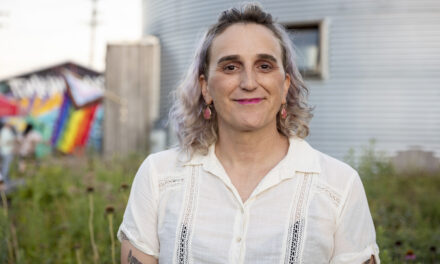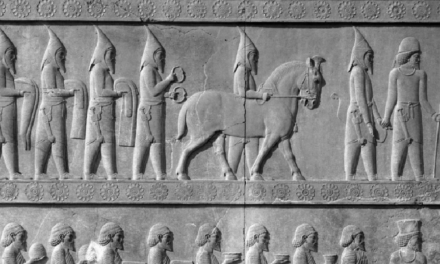In the previous sections, I presented the alarming global and domestic data on obesity, gave general guidelines on how to eat properly, and then discussed the risk and harmfulness of table salt intake. In this section, I continue to present the ways in which we can do more for our health, with special regard to the role of exercise and sports.
There is, of course, a sea of specialized literature available on this topic, so in the following I would like to focus on some little-known connections.
First, as usual, I want to dispel a misconception.
Some people advertise or believe that if we have played sports or moved a little, then we can eat as much as we want.
Well, unfortunately, from this point of view, I have to delude the reader.
It is quite difficult to lose weight with exercise alone. We know how many calories the body burns in different forms of exercise. However, this is a multivariate equation. It depends on gender, age, basic body weight and, to a significant extent, the intensity of movement.
For example, during running, our body burns an average of 1 calorie per kilogram of body weight depending on body weight. In other words, a runner weighing 70 kilograms uses 70 calories in 1 kilometer. With a comfortable 30-minute run, this means roughly 240 calories (which is the calorie content of half a liter of beer or soft drink...). With yoga, you can burn 120 fewer calories in the same amount of time.
If we add to this that the burning of 1000 calories results in a weight loss of 13 dkg by the end of the day, then by substituting the data we see that to lose 1 kg of weight, one would have to run approximately 100 km.
So it can be seen that sport alone is enough to lose weight if it is not followed by excessive energy intake.
A few sentences about healthy nutrition, from a medical point of view
Despite this, exercise and sports are almost indispensable for maintaining good health and a suitable lifestyle.
Let's look at the facts. It is perhaps well known that sports increase muscle mass and reduce fat deposits. It has a beneficial effect on blood pressure and improves carbohydrate metabolism.
It also has an immune-boosting effect, and we already have scientific evidence for this. Exercise increases the production of white blood cells, the cells that protect our body become more active and faster. This explains the fact that regular athletes get fewer upper respiratory tract infections, and they also last for a shorter time.
At the same time, it is perhaps not well known that exercise not only protects physical health, but also has a positive psychological effect.
Sport, through beneficial changes in the concentration of various substances that transfer brain stimulation, so-called neurotransmitters (dopamine, serotonin, endorphins)
has a mood-enhancing, anxiety-relieving effect. It has been proven to improve the quality and length of sleep. It stimulates thinking, promotes social relationships, improves concentration, and even maintains memory.
It also increases self-confidence and reduces stress by influencing the level of the adrenal cortex hormone, cortisol. It teaches self-discipline, increases creativity, and even dementia in old age is significantly reduced in those who exercise regularly.
A few sentences about healthy nutrition, from a medical point of view, part 2
And the sooner we start health-conscious education, the better.
Children who play sports will face fewer physical and mental illnesses in the future, and will become healthier, more balanced adults. This is why the introduced daily physical education is of great importance, as health-conscious education can begin at a young age.
As we have seen in the above, sports and exercise contribute greatly to the preservation of our physical and mental health. And it doesn't matter what form of movement we choose. Walking to nearby roads instead of driving is already progress. It's never too late to start, it's just a matter of determination and we'll feel better. On it!
Referenced studies are available from the author.
Author: Dr. György Temesszentandrasi
Photo: Pixabay













